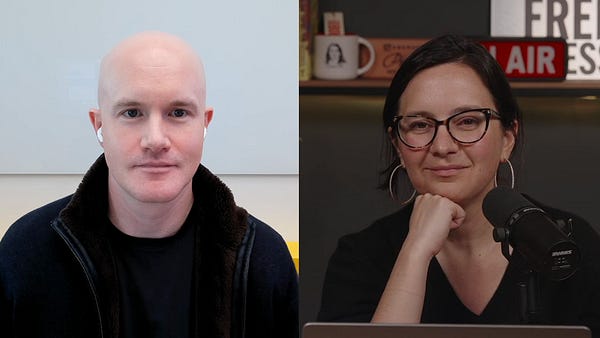
To understand this week’s biggest business story, please join me in remembering the solipsistic, race-crazed fever dream that was American culture in 2017.
This was the year when young adult fiction writers ate each other alive over a fantasy novel that was allegedly racist toward fairies. In Portland, Oregon, a food truck was shuttered and its owners threatened with violence because they had supposedly culturally appropriated indigenous burrito recipes. In New York, fashion designer Marc Jacobs had just been similarly canceled for putting white models in dreadlocks. The art world was earnestly debating whether the Whitney Museum of American Art should remove a white artist’s painting of Emmett Till from view—or, alternatively, whether they should remove it and then set it on fire.
All these incidents (and these are only a handful) represented the rise of a far-left ideology that was utterly fixated on racial and ethnic identities, which were in turn seen as proxies for power, privilege, and general moral standing. The more intersectional you could claim to be, the more sympathy you deserved. The more privileged, the more you should sit down, shut up, and stop taking up space—particularly when people who looked like you had already taken so much.
And then, just in time for the holiday season, Americans discovered the perfect product for our identity-obsessed times: the bespoke genetic analysis offered by the company 23andMe, which broke out big in 2017 after Oprah put it on her annual list of “favorite things.”











